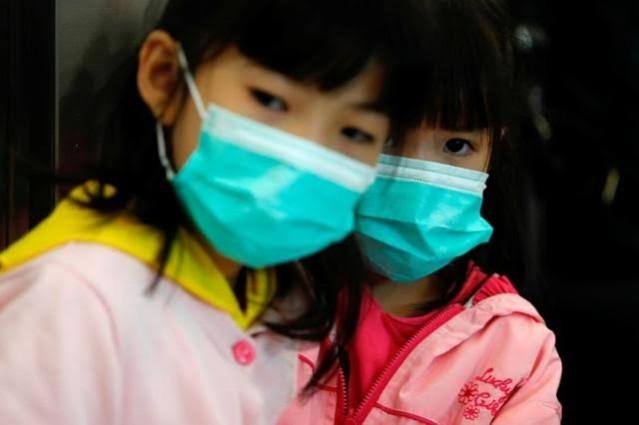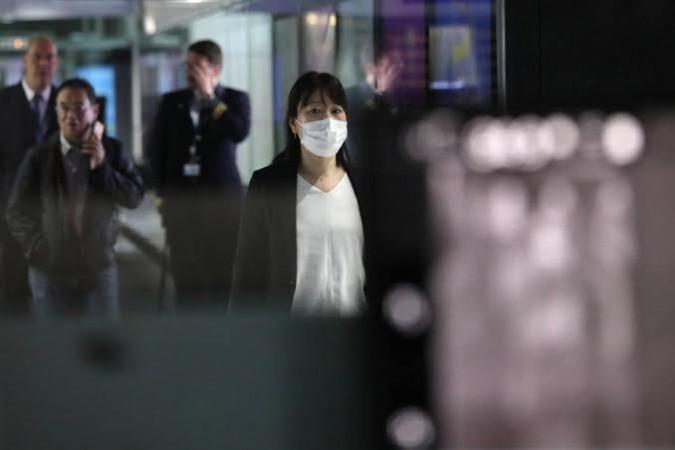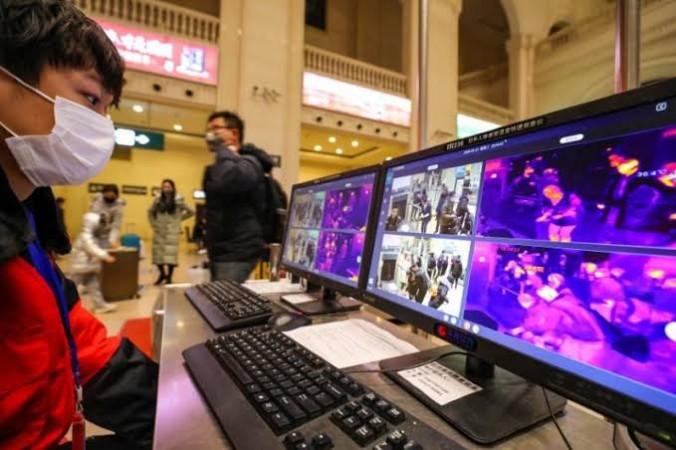China is putting on lockdown a city of 11 million people considered the epicentre of the new coronavirus outbreak that has killed 17 and infected nearly 600 people, as health authorities around the world work to prevent a global pandemic.
Global health authorities fear the transmission rate will accelerate as hundreds of millions of Chinese travel at home and abroad during the week-long Lunar New Year holiday.
The previously unknown coronavirus strain is believed to have emerged late last year from illegally traded wildlife at an animal market in the central Chinese city of Wuhan. Cases have been detected as far away as the United States, stoking fears the virus is already spreading worldwide.

Wuhan's local government said it would shut down all urban transport networks and suspend outgoing flights from the city as of 10 am (0200 GMT) Thursday, state media reported. Local media reported some airlines were operating after the deadline.
The government is urging citizens to not leave the city in the absence of special circumstances.
Contrasting with its secrecy over the 2002-03 Severe Acute Respiratory Syndrome (SARS), which killed nearly 800 people, China's communist government has this time given regular updates to avoid panic ahead of the Chinese Lunar New Year holiday.
Chinese authorities have confirmed 571 cases and 17 deaths as of end-Wednesday, China's National Health Commission said on Thursday. The commission said another 393 suspected cases had been reported.
There are eight other known cases around the world - Thailand has confirmed four cases, while the United States, Taiwan, South Korea and Japan have each reported one.
At least 16 people who had close contact with a Washington state man diagnosed with the virus and are being monitored.
VIRUS SPREADING
The Imperial College London said in a report on Wednesday that it estimated as of Jan. 18 there was a total of 4,000 cases of the new coronavirus in Wuhan alone, an infection rate based on the number of reported cases in China and elsewhere.
Vice Premier Sun Chunlan said during a visit to Wuhan that authorities needed to be open about the spread of the virus and their efforts to contain it, the official Xinhua news agency reported on Thursday, comments likely to reassure global health experts.
After a meeting at its Geneva headquarters on Wednesday, the World Health Organization (WHO) said it would decide on Thursday whether to declare the outbreak a global health emergency, which would step up the international response.
If it does so, it will be the sixth international public health emergency to be declared in the last decade.

Some experts believe the new virus is not as dangerous as previous coronaviruses like SARS and Middle East Respiratory Syndrome (MERS), which has killed more than 700 people since 2012.
"The early evidence at this stage would suggest it's not as severe a disease as SARS or MERS," Australia's Chief Medical Officer Brendan Murphy told reporters on Thursday.
WHO Director-General Tedros Adhanom Ghebreyesus told reporters in Geneva that China's actions so far were "very strong" but called on Beijing to take "more and significant measures to limit or minimize the international spread".
"We stressed to them that by having a strong action not only they will control the outbreak in their country but they will also minimize the chances of this outbreak spreading internationally. So they recognize that," he said.
Despite China's response, stock markets across Asia were on the back foot on Thursday over the virus, led by drops of roughly 1.5 per cent in Hong Kong and Shanghai while China's yuan fell to a two-week low.
FLIGHTS, RAIL SUSPENDED
Wuhan, a city of about 11 million people, is a transportation hub as well as central China's main industrial and commercial center. The virus also has been reported in other major cities including Beijing, Shanghai and Hong Kong.
There is no known cure for the virus. Symptoms include fever, difficulty in breathing and cough, similar to many other respiratory illnesses, and can cause pneumonia.
Chinese authorities are still investigating the origins of the virus, though they confirmed the outbreak began at a market in Wuhan with illegal wildlife transactions, and that it can spread from one person to another via respiratory transmission. Among confirmed patients are 15 medical workers.

Many Chinese were cancelling trips, buying face masks, avoiding public places such as cinemas and shopping centers, and even turning to an online plague simulation game as a way to cope.
Taiwan's China Airlines said it had suspended flights to Wuhan and Hong Kong's MTR Corp said it had suspended sales of high-speed rail tickets to and from Wuhan.
A growing number of Chinese-listed companies - ranging from biotech firms, drugmakers, mask producers and thermometer manufacturers - say they are actively participating in a government-led war against Wuhan coronavirus.
Wuhan Guide Infrared Co told the official China Securities Journal that the company had donated 4 million yuan ($579,370) worth of infrared thermometer devices to the government of Hubei, the province at the center of the outbreak.
Airports globally stepped up screening passengers from China and the European Centre for Disease Control and Prevention (ECDC) said in a risk assessment that further global spread of the virus was likely.
Britain joined other countries including Australia in advising citizens against all but essential travel to Wuhan.








